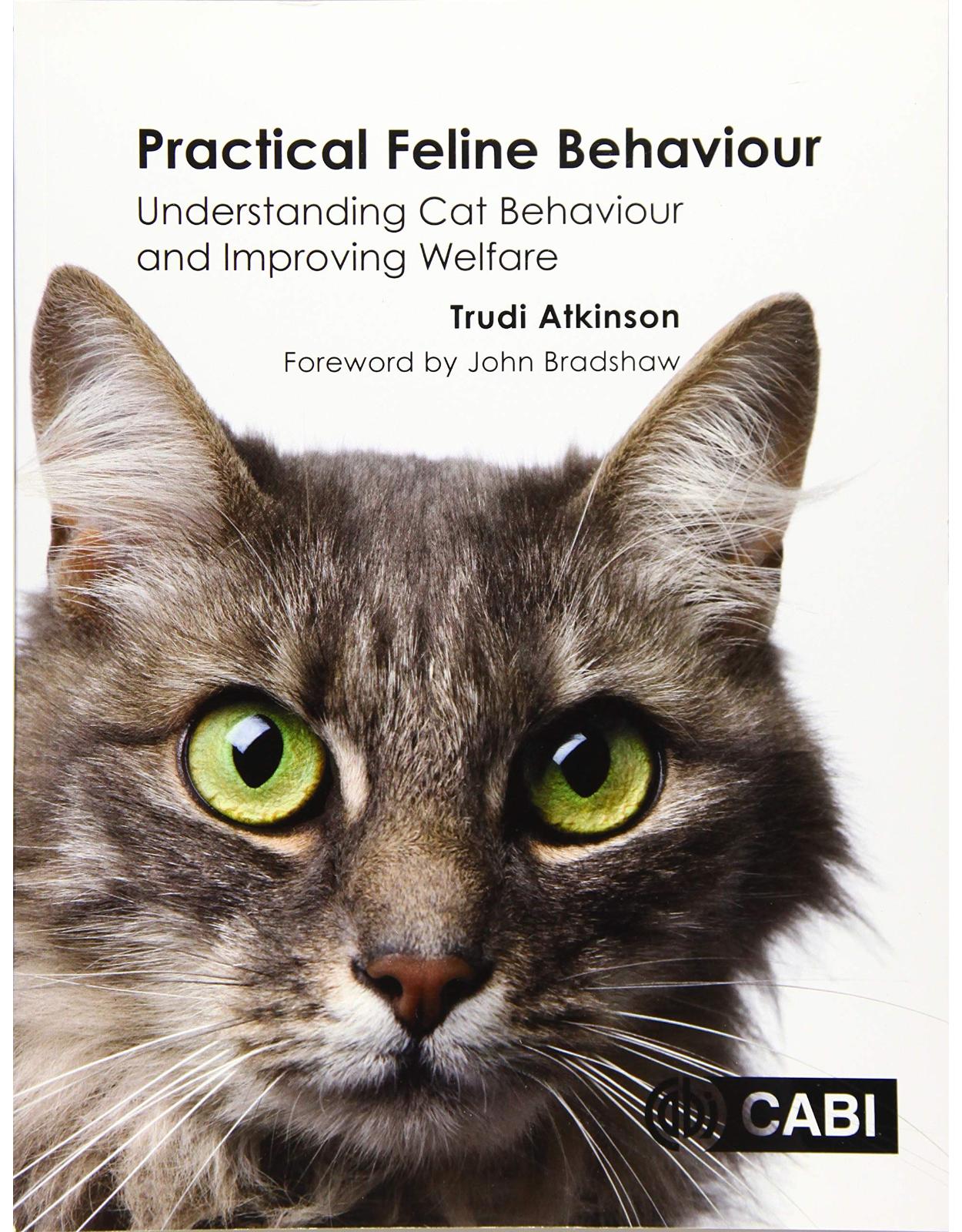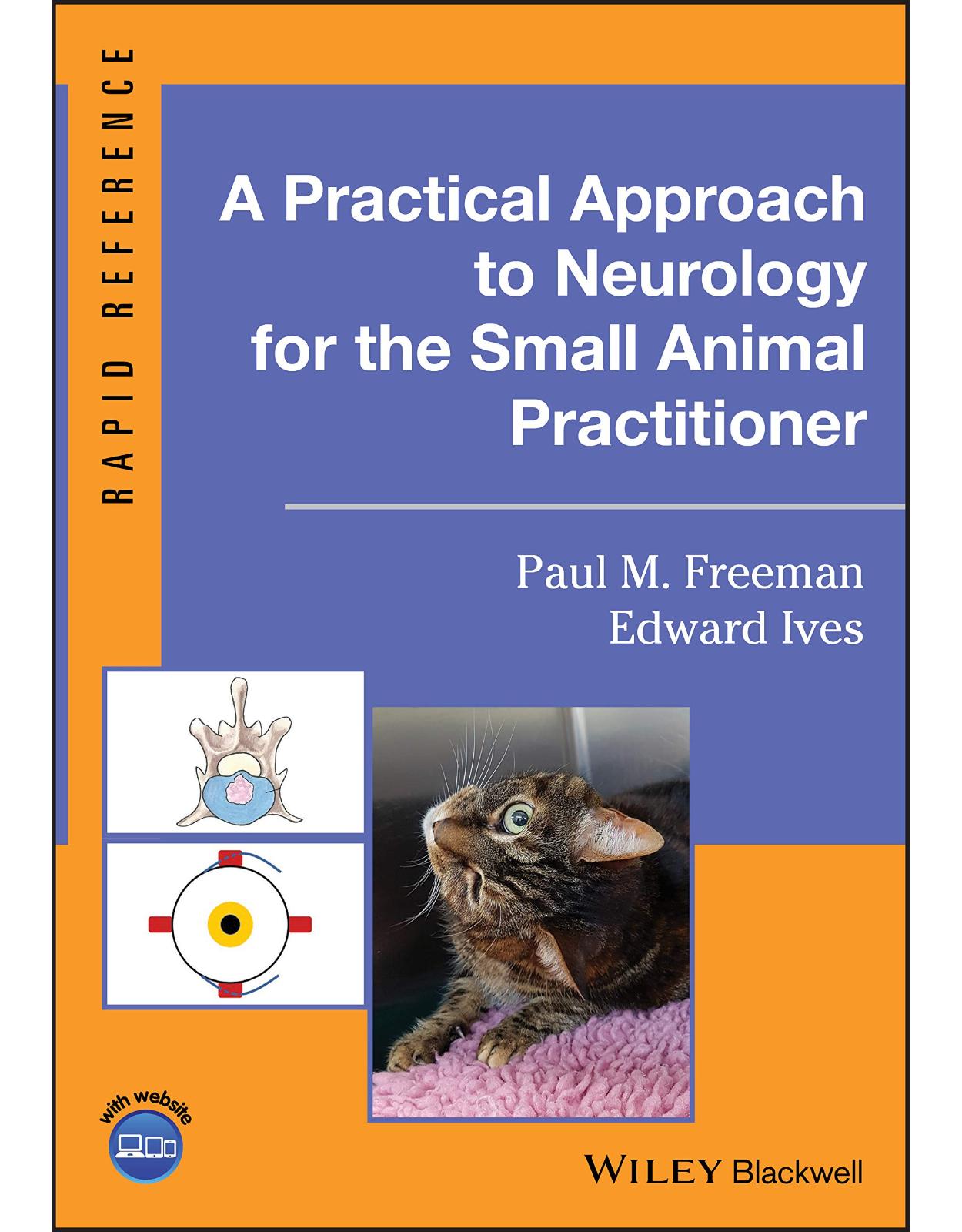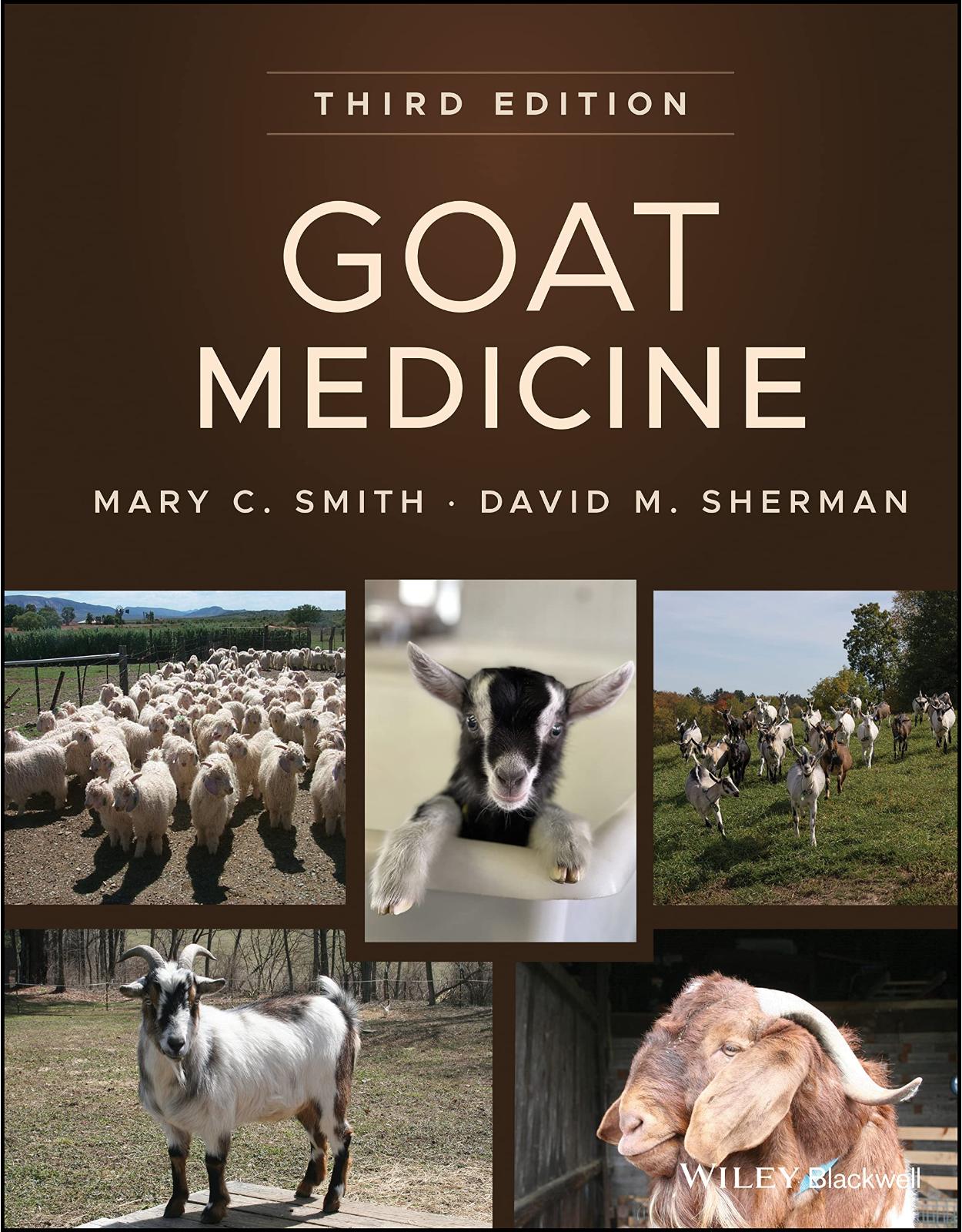
Practical Feline Behaviour
Livrare gratis la comenzi peste 500 RON. Pentru celelalte comenzi livrarea este 20 RON.
Disponibilitate: La comanda in aproximativ 4-6 saptamani
Editura: CABI
Limba: Engleza
Nr. pagini: 272
Coperta: Paperback
Dimensiuni: 19.05 x 1.91 x 24.77 cm
An aparitie: 3 July 2018
Description:
Practical Feline Behaviour contains all the relevant information that a veterinary nurse or technician needs to understand and handle the behaviour and welfare of house cats, and to offer safe and practical advice to clients. There have been ground-breaking advances in our understanding of feline behaviour in recent years and, to protect the welfare of cats, it is increasingly important that anyone involved with their care, especially those in a professional capacity, keep up to date with these developments. This approachable and down-to-earth text describes the internal and external influences on feline behaviour; on communication, learning, social behaviour, the relationship between behaviour and disease, and the cat - human relationship. It also provides practical advice on how the welfare of cats in our care may be protected and how behaviour problems should be addressed and how to avoid them. In this book Trudi Atkinson draws on her extensive experience as a veterinary nurse and a Certified Clinical Animal Behaviourist to provide a rapid reference and an intensely practical feline behaviour resource for owners, breeders, veterinary professionals, shelter and cattery workers and anyone involved in the care of our feline companions. - Practical, down to earth guide detailing all aspects of feline behaviour - Rapid reference for instant access to information - Written by a well-known animal behaviourist who has extensive experience in treating feline behaviour problems and in advising clients to protect the welfare of their cats
Table of Contents:
PART ONE: UNDERSTANDING FELINE BEHAVIOUR
1. The Origin and Evolution of the Domestic Cat
The African Wildcat
Domestication
Historical Attitudes Towards Cats
The Modern-day Pet Cat
Current Attitudes Towards Cats and Keeping Cats as Pets
Feline Behaviour
2. The Senses
Sight
Hearing
Olfaction (Sense of Smell)
Touch
Balance
3. Feline Communication
Vocalizations
Visual Signalling
Tactile Communication
Olfactory Communication
4. Social, Feeding and Predatory Behaviour
Social Behaviour
Feeding Behaviour
Predatory Behaviour
5. Kitten to Cat – Reproduction and the Behavioural Development of Kittens
Reproductive Behaviour of Tomcats
Reproductive Behaviour of the Queen
Physical and Behavioural Development of Kittens
6. Health and Behaviour
Pain
Disease
Old Age
Stress
The Impact of Stress on Physical Health
The Impact of Stress on Mental and Emotional Health
Acute Stress – the Influence on Physiological Parameters
Assessing Stress
Observable Signs of Stress in Cats
7. Learning, Training and Behaviour
Why Train Cats?
Learning Theory
Habituation
Sensitization
Associative Learning
Factors Influencing Learning
PART TWO: PRACTICAL FELINE BEHAVIOUR
8. Advice for Breeders
The Responsibility of the Breeder in the Prevention of Behaviour Problems
Selection of Queen and Stud
Pregnancy
Parturition
Pre-weaning Period
Weaning
Early Experience
Maternal Aggression
Education of New Owners
9. Advice for Prospective Cat Owners
Is a Cat the Best Pet for You?
Making the Right Choice
The Importance of Early-life Influences
What to Look For and What to Avoid
Bringing your New Cat or Kitten Home
10. Advice for Cat Owners
Managing Feline Stress
Indoor Cat or Outdoor Access?
A Fenced-off Area
Cat Flaps
Neutering
Other Cats
Cats, Babies and Children
Cats and Dogs
Avoiding House-training Issues
Preventing Human-directed Aggression
Keeping Your Cat Healthy
11. Advice for Veterinary Professionals
a. Part 1 – The Cat in the Veterinary Clinic
The Journey to the Practice
The Waiting Room
Appointments
Greeting and Speaking to Clients
The Consultation Room
Handling and Examining
Hospitalization
b. Part 2 – Advising Clients: Prevention and Treatment of Feline Behaviour Problems
Talks
Nurse/Technician Behavioural Clinics
Handouts
Behavioural First Aid
Referral or Treat ‘In-house’
Who to Refer to?
Behavioural Pharmacology
Pheromonatherapy
Complementary and Alternative Medicine (CAM)
The Placebo Effect
12. Advice for Other Cat Carers
General Advice for All
Advice for Shelters and Catteries
Foster Care
Adoption
Cat Sitters (Advice for Sitters and Owners)
Cat Cafés
An Alternative Idea
Appendices
1. Environmental Enrichment
Space
Hiding Areas
Food Foraging and Food Puzzles
2. Play
Social Play
Object Play
How to Tell if the Cat is Interested in Play
Ending the Game
Catnip
3. Reducing Resource Competition in a Multi-cat Household
Food
Water
Resting Places
Litter Trays
4. Neutering
Spay
Castration
Why Neuter?
When to Neuter
5. Introducing an Additional Cat to your Household
Points to Consider Before Getting Another Cat
Correct Introductions: Increasing the Chances that a New Cat and Resident Cat(s) will Accept Each Other
Keeping the Peace
6. Helping a Grieving Cat
Do Cats Grieve?
How Can We Help?
7. Introducing Cats and Dogs
If You Have a Dog and are Considering Getting a Cat
If You Have a Cat and are Considering Getting a Dog
Introducing a New Cat or Kitten into a Home with a Resident Dog
Introducing a Dog or Puppy into a Home with a Resident Cat
Using a Crate
8. Cat Flaps
Where to Fit a Cat Flap
Types of Cat Flap
Training Your Cat to Use a Cat Flap
9. Teaching Your Cat to Come to You When You Call
10. Cats, Babies and Children
A New Baby
Cats and Children
11. House-training Your Cat or Kitten
Insufficient Number of Litter Trays
The Location of the Litter Trays
The Size and Shape of the Litter Tray
Covered vs Uncovered Litter Tray?
The ‘Wrong’ Type of Litter Substrate
Using an ‘Outdoor’ Toilet
House-training ‘Accidents’
If the Problem Persists
House-Training Problem or Scent-Marking?
12. Training Your Cat to Like the Cat Carrier
13. Medicating Your Cat
Mixing in Food
Physically Medicating the Cat
Applying a Spot-on Treatment
14. Teaching your Cat or Kitten to Accept Veterinary Examination
Examining the Mouth
Examining the Ears
Examining the Feet and Clipping the Nails
15. First Aid Advice for Common Feline Behaviour Problems
General Advice for all Problems
House Soiling
Aggression to People
Fighting in a Multi-cat Household
Furniture Scratching
16. Friend or Foe
Signs of a Friendly Relationship
Signs of a Bad Relationship
Signs of a ‘Tolerant’ Relationship
17. Approaching, Stroking and Picking Up
The Approach
Picking the Cat Up
18. Recognizing Stress
Physiological Signs of Stress
Behavioural Signs of Stress
Glossary
List of Useful Websites
Recommended Reading List
Index
Back Cover
| An aparitie | 3 July 2018 |
| Autor | Cab International, Atkinson, Trudi |
| Dimensiuni | 19.05 x 1.91 x 24.77 cm |
| Editura | CABI |
| Format | Paperback |
| ISBN | 9781780647838 |
| Limba | Engleza |
| Nr pag | 272 |
-
51900 lei 49200 lei















Clientii ebookshop.ro nu au adaugat inca opinii pentru acest produs. Fii primul care adauga o parere, folosind formularul de mai jos.